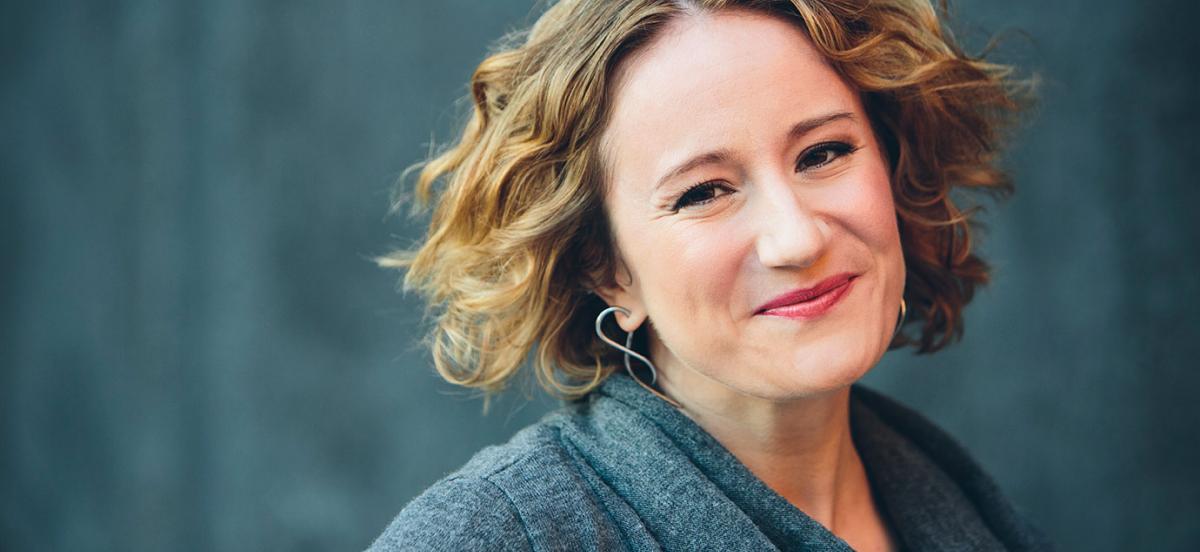Technology & Justice Series Explores Privilege, Privacy, and Power in the Digital Age

The new Technology & Justice series kicks off with a keynote address on “Vulnerabilities: How Social Media and Data Infrastructure are Exploited for Fun, Profit, and Politics” by danah boyd.
Details
A new on-campus series asks us how we engage ethically with technology, beginning with a keynote address from danah boyd on Sept. 26.
In a tumultuous world shaped in part by our relationship to the technology around us, questions of value and equity in tech are paramount. These are issues that a new series, Technology & Justice, will explore this academic year.
Sponsored by the President’s Initiative on Ethical Engagement and Leadership and organized by Associate Professor of English and VCAM Director Laura McGrane and Assistant Professor of Computer Science Sorelle Friedler, the series will illuminate how people can engage with technology in a way that is driven by morality and ethical decision-making.
“The President's Initiative on Ethical Engagement and Leadership champions Haverford students’ engagement with a wide range of ethical questions that will shape their ability to lead in an unknowable future,” said President Wendy Raymond. “This series brings to campus people whose research and practice will lead to more questions–and perhaps some answers–about how technology use and development bear on the just and peaceful society we seek to build.”
"Technology necessarily partakes of the social structures from which it is created in a society challenged by racial, socioeconomic, climate, and labor injustices—amongst others,” said McGrane. “The answer is not to demonize technology but to understand its implications for how we live as ethical beings in contemporary society, so we can make conscious choices both in how we design it and how we use it.”
The series kicks off Sept. 26 at 4:30 pm in Sharpless Auditorium with a keynote address from danah boyd, who is a principal researcher at Microsoft Research, founder and president of Data & Society, and a visiting professor at New York University. boyd (styled lowercase) will be discussing her research in a talk called “Vulnerabilities: How Social Media and Data Infrastructure are Exploited for Fun, Profit, and Politics.”
"danah boyd is a prominent researcher focused on understanding and communicating issues at the intersection of technology and society,” said Friedler. “From the beginning of online social networks to the mechanisms behind fake news and its impact on politics, she has had a large impact on shaping the public's understanding of technology and the way it shapes our world. We're excited that we're able to bring her to campus to share this understanding with students and kick off a campus conversation about the impact of technology on society.”
The series also includes a roundtable discussion on “Criminal In/Justice and Data Use” and a participatory workshop called “Fighting RATs: Organizing for Community Power over Risk Assessment Tools in Criminal Justice,” both in the last week of October. While Technology & Justice brings a unique focus to the intersection of these issues, McGrane believes these conversations are also a continuation of modern life at Haverford at the macro-level.
"Haverford College has been thinking about issues of technology, advocacy, access, and justice for many years,” she said. “Our presidents, Board members, alumni, faculty, and students have challenged the community to think not just about how we use technology in the classroom, but about how we engage technologies as citizens in a world fraught with injustice and legal quagmires. We are perched on the edge of new discoveries and freedoms made available through technology. How can we simultaneously negotiate and understand the implications of which we may not always be aware?”



